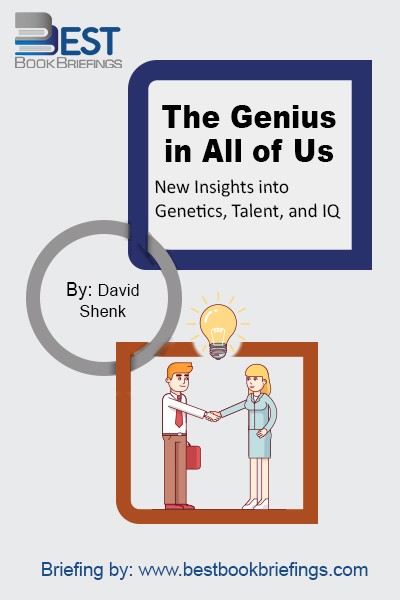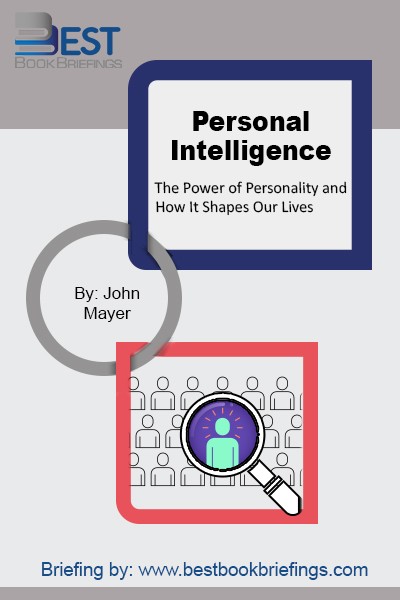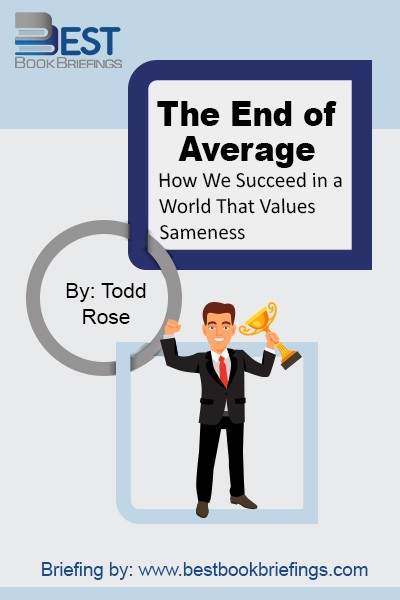The End of Average
How We Succeed in a World That Values Sameness
Editorial Review
From the cradle to the grave, you are measured against the ever-present yardstick of the average, judged according to how closely you approximate it or how far you are able to exceed it. Today, however, we are on the brink of a new way of seeing the world, a change driven by one big idea: individuality matters. This new idea will have a profound impact on our institutions—instead of viewing talent as a scarce commodity, schools will be able to nurture excellence in every student, and employers will be able to hire and retain a wider range of high-impact employees.
Book Reviews
Books on Related Topics

With irresistibly persuasive vigor, David Shenk debunks the long-standing notion of genetic “giftedness,” and presents dazzling new scientific research showing how greatness is in the reach of every individual. DNA does not make us who we are. “Forget everything you think you know about genes, talent, and intelligence,” he writes.

Practical wisdom is the essential human quality that combines the fruits of our individual experiences with our empathy and intellect-an aim that Aristotle identified millennia ago. It's learning the right way to do the right thing in a particular circumstance, with a particular person, at a particular time. But we have

Today, many psychologists are developing new accounts of how personality works based on the rapid accumulation of findings of the field, namely, the theory of a new human intelligence – a mental capacity that we use to guide our lives – to reason about ourselves and other people. This ability to



